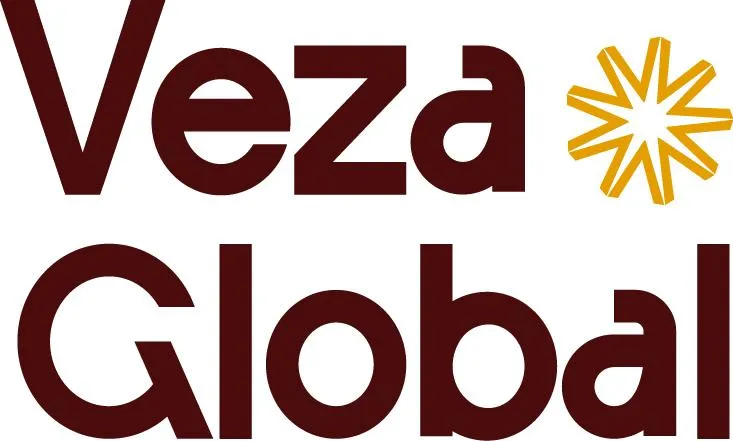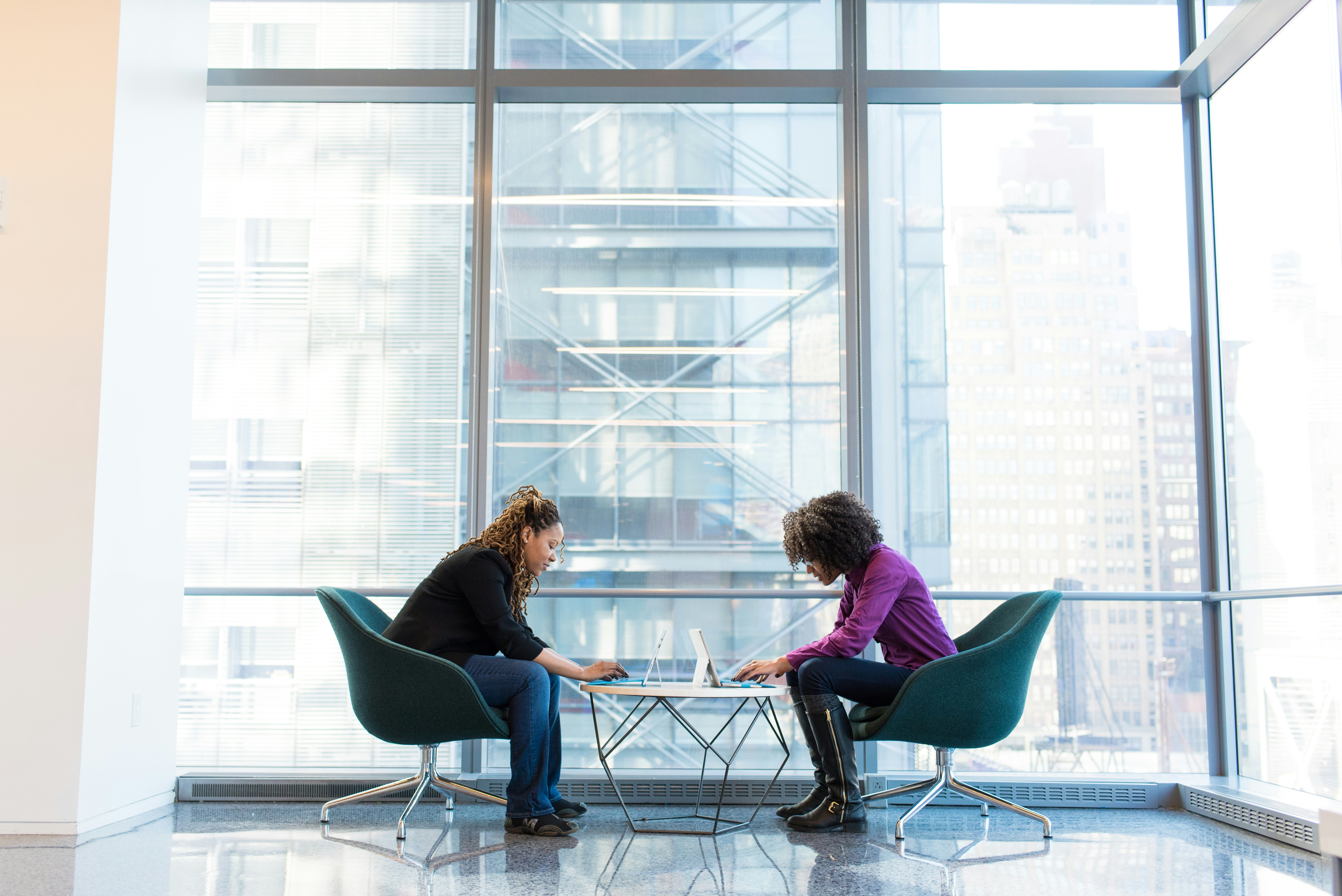OOPS!!!
Well that didn't go to plan!
It seems this page isn't working as it should!
If you could spare a second to let us know which page you're on we'll get this fixed ASAP!
Please copy the URL from the top of the page and paste it below.

Copyright 2024 . All rights reserved
Services

Business Starter Kit
Management, by Melinda Rose
(312 Reviews)
10 hours
12 Lessons
Beginner Level

Business Relationship
Business, by Melinda Rose
(312 Reviews)
10 hours
12 Lessons
Beginner Level

Career Planning Kit
Careers, by Natalie Jodie
(312 Reviews)
10 hours
12 Lessons
Beginner Level